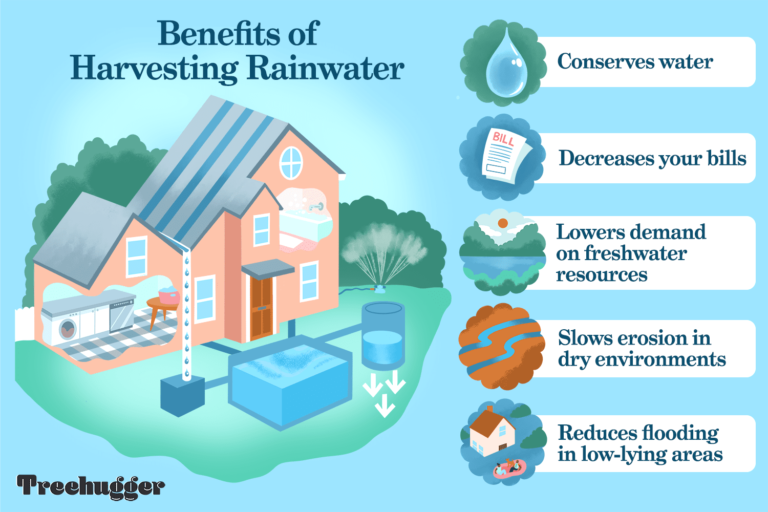Completing a Master of Science in Zoology is a significant achievement, opening a myriad of doors to various career opportunities and future directions. As you step out of academia and into the professional world, it is essential to explore the diverse avenues available to you. Here is a comprehensive guide to help you navigate your career path and explore the various job prospects and future directions available to you.
Understanding the Scope of Zoology:
Zoology, the study of animals and their ecosystems, is a field rich with opportunities for those passionate about wildlife, conservation, and research. With an MSc in Zoology, you have specialized knowledge and skills that are highly valued across various sectors, including research institutions, environmental organizations, governmental agencies, and educational institutions.
1. Academia and Research:
Pursuing a PhD: If you have a keen interest in research and academia, pursuing a PhD might be the next logical step. This will allow you to delve deeper into a specific area of zoology, contribute to scientific knowledge, and eventually, take on roles as a researcher or professor at universities and research institutions.
Postdoctoral Research: For those who have already completed a PhD, postdoctoral positions provide an opportunity to further hone your research skills, collaborate on advanced projects, and build a strong academic profile.
Teaching: Many universities and colleges offer positions for lecturers and professors in zoology and related fields. Teaching allows you to share your knowledge and passion with the next generation of students while continuing your own research.
2. Wildlife Conservation and Management:
Conservation Scientist: Working with NGOs, government agencies, or international organizations, conservation scientists develop and implement strategies to protect endangered species and habitats. This role often involves fieldwork, data analysis, and collaboration with local communities.
Wildlife Biologist: Wildlife biologists study the behaviour, genetics, and populations of animals in their natural habitats. They often work for government agencies, environmental organizations, or as independent consultants.
Environmental Educator: If you enjoy sharing your knowledge with the public, consider a career as an environmental educator. You could work at nature centres, wildlife parks, or conservation organizations, helping to raise awareness about wildlife conservation and environmental issues.
3. Biotechnology and Pharmaceuticals:
Research Scientist: Many biotech and pharmaceutical companies hire zoologists to work on drug discovery and development, particularly in areas related to animal health and genetics.
Lab Technician: With your strong background in biology and laboratory skills, you could work as a lab technician, supporting scientific research and experiments in various settings, including medical research facilities.
4. Environmental Consultancy:
Environmental Consultant: Environmental consulting firms hire zoologists to assess the impact of development projects on wildlife and ecosystems. This role often involves conducting field surveys, preparing reports, and advising on mitigation measures.
5. Government and Policy:
Wildlife Officer/Ranger: Government agencies employ wildlife officers and rangers to manage protected areas, enforce wildlife laws, and conduct conservation programs. This role combines fieldwork with public engagement and law enforcement.
Policy Advisor: With your expertise in zoology, you could work as a policy advisor, helping to shape environmental and wildlife policies at local, national, or international levels. This might involve working with governments, NGOs, or international bodies like the United Nations.
6. Science Communication and Media:
Science Writer/Journalist: If you have a flair for writing, consider a career in science communication. You could write for scientific journals, popular science magazines, or online platforms, making complex zoological concepts accessible to a broader audience.
Documentary Filmmaker: Combine your passion for zoology with storytelling by working on wildlife documentaries. This career can take you to diverse and exciting locations, documenting the lives of animals and the efforts to conserve them.
7. Zoos and Aquariums:
Zookeeper: Zookeepers are responsible for the care and well-being of animals in zoos and aquariums. This role involves feeding, habitat maintenance, health monitoring, and public education.
Curator/Director: With experience, you could move into management roles, overseeing the operations, conservation programs, and educational outreach at zoos or aquariums.
8. Emerging Fields:
Ecotourism: As ecotourism grows in popularity, there are increasing opportunities for zoologists to work as tour guides, researchers, or consultants, promoting sustainable travel and wildlife conservation.
Artificial Intelligence and Data Analysis: Advances in technology have opened new avenues for zoologists to work on projects involving AI and data analysis, such as tracking animal movements, studying behavioural patterns, and managing conservation data.
Building Your Skillset:
Regardless of the path you choose, there are several key skills that will enhance your employability and success:
Fieldwork Skills: Proficiency in conducting field research, handling wildlife, and using field equipment is crucial for many roles in zoology.
Data Analysis: Strong analytical skills and familiarity with statistical software will help you interpret research data and draw meaningful conclusions.
Communication: Effective communication, both written and verbal, is essential for roles in education, consultancy, and media.
Networking: Building a professional network through conferences, seminars, and online platforms like LinkedIn can open doors to job opportunities and collaborations.
Conclusion:
Your MSc in Zoology has equipped you with a deep understanding of the animal kingdom and a diverse skill set that can be applied in various fields. Whether you choose to pursue further research, work in conservation, or explore new industries, there are abundant opportunities for fulfilling and impactful careers. Stay curious, keep learning, and remain passionate about the incredible world of animals. Your journey is just beginning, and the possibilities are endless.
Good luck, and may your career be as dynamic and fascinating as the subjects you have studied!






